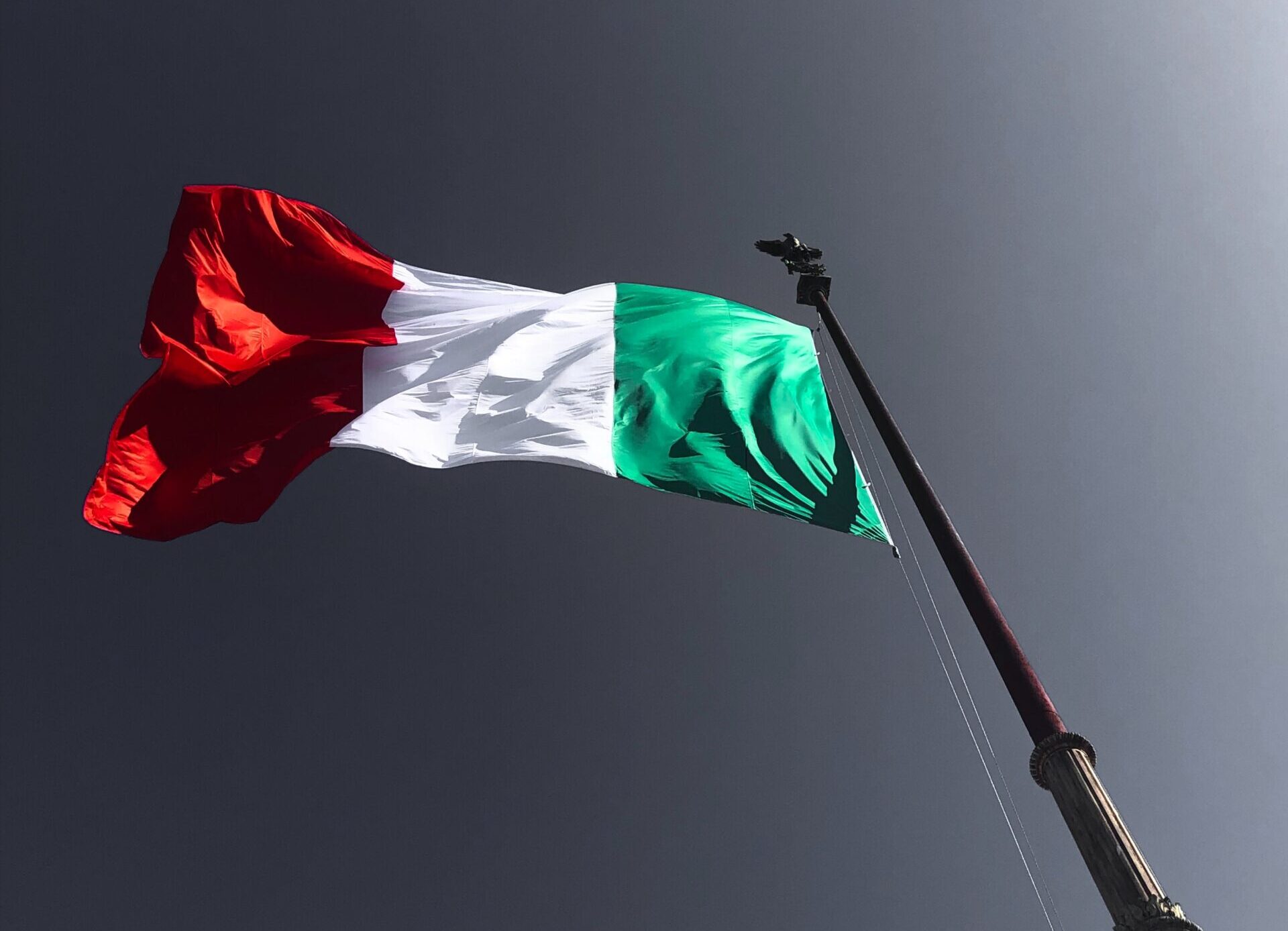The International Commission of Jurists (ICJ) expresses serious concern over the potential adverse repercussions for refugees, migrants and others arriving in Italy following the declaration of a six-month state of emergency on 11 April 2023.
The “Declaration of a state of emergency as a result of the exceptional increase in the flows of migrant people in entry into the national territory through migratory routes of the Mediterranean” is responding to higher numbers of arrivals and saturation of reception centres in the south of Italy. At the same time, a high number of deaths among those attempting such crossings have been reported in the first months of 2023.
“We are deeply troubled by the many deaths reported in the Mediterranean in the first months of 2023,” said Karolina Babicka, ICJ Legal Adviser. “The ICJ urges the Italian government to uphold its international legal obligations to protect the human rights of everyone attempting such crossings, be they refugees, migrants or asylum seekers, and to step up search and rescue operations. Rather than prioritizing immigration control measures in the context of the state of emergency, the authorities’ imperative should be to save people’s lives.“
The ICJ calls on Italy to ensure that the human rights of all individuals – whether refugees, asylum-seekers or migrants – are fully protected in accordance with international law, including the European Convention on Human Rights (ECHR) and the 1951 Refugee Convention and EU law (including the Qualification Directive, the Asylum Procedures Directive, and the Return Directive). In addition, under the international law of the sea, Italy has obligations regarding search and rescue at sea, in its territorial and international waters. These obligations stem from various treaties to which Italy is a party, including the United Nations Convention on the Law of the Sea (UNCLOS), the International Convention for the Safety of Life at Sea (SOLAS), and the International Convention on Maritime Search and Rescue (SAR).
The state of emergency, declared for 6 months on 11 April 2023, is intended tackle the difficulties arising from the saturation of the reception system, with particular reference to the Lampedusa hotspot. While the text of the declaration does not refer to anything related to repatriation, the government said when introducing it that the state of emergency will support “the processing and repatriation of migrants who don’t have the requisites to stay.”
The state of emergency decree appoints a commissioner, whose task is to directly manage the funds made available. The Italian Minister for Civil Protection and Marine Policies attributed the need for introduction of the state of emergency to “increased migratory flows”, which purportedly overwhelm first reception centres along the southern shores of Italy, particularly on the island of Lampedusa. The state of emergency is an administrative act that allows the government to derogate from the laws in force to deal more effectively with an emergency situation.
The ICJ is alarmed that the imposition of a state of emergency may further exacerbate the already precarious plight of those arriving in the country by sea after a dangerous journey.
Before any removal, international law requires that an individualized assessment of risks for each individual must be carried out and the non-refoulement principle be respected at all times.”
The principle of non-refoulement, prohibiting States from transferring anyone to a country or a place where they would face a real risk of persecution or other forms of serious harm, is a fundamental principle of international law and one of the strongest bars to States’ control of entry into and expulsions from their territory. Article 33 of the Geneva Refugee Convention and Article 3 of the Convention against Torture, among others, guarantee protection against refoulement.
While the Italian government claimed that this is an EU-wide issue in the first place, the ICJ notes that Italy bears responsibility for protecting and guaranteeing the human rights of migrants and refugees within its jurisdiction. This responsibility arises from Italy’s specific obligations under international law, including ensuring the right to life, the prohibition of torture or other cruel, inhuman or degrading treatment or punishment, the principle of non-refoulement, and other human rights enshrined in international human rights law.
Prior to declaring the state of emergency, Italy had adopted other pieces of legislation in the preceding months.
The ICJ is concerned about the Italian government’s recent restrictive measures imposed on civil society organizations assisting migrants and carrying out rescue missions at sea. For example, on 2 January 2023, Italy adopted a law decree prohibiting rescue ships from carrying out multiple rescue operations simultaneously.
In this regard, the ICJ calls on the government of Italy to stringently respect the human rights of migrants, refugees, asylum seekers and others arriving in Italy, as protected under EU law, the 1951 Convention relating to the Status of Refugees and other international human rights treaties, to which Italy is a party, and to cease the restrictive measures on civil society organizations assisting migrants at sea.
Background
According to the State of emergency resolution, the measures aim “to decongest the Lampedusa hotspot and to create new structures, suitable both for the reception needs and for the recognition and repatriation of migrants who do not meet the requisites for stay on the national territory.”
In 2019, the ICJ, along with others, intervened in a Mediterranean Sea search and rescue case before the European Court of Human Rights.
According to the UN High Commissioner for Human Rights, “Since 2014 over 26,000 people have died or gone missing crossing the Mediterranean, including over 20,000 along the Central Mediterranean route, which is considered among the deadliest migration routes in the world.”





